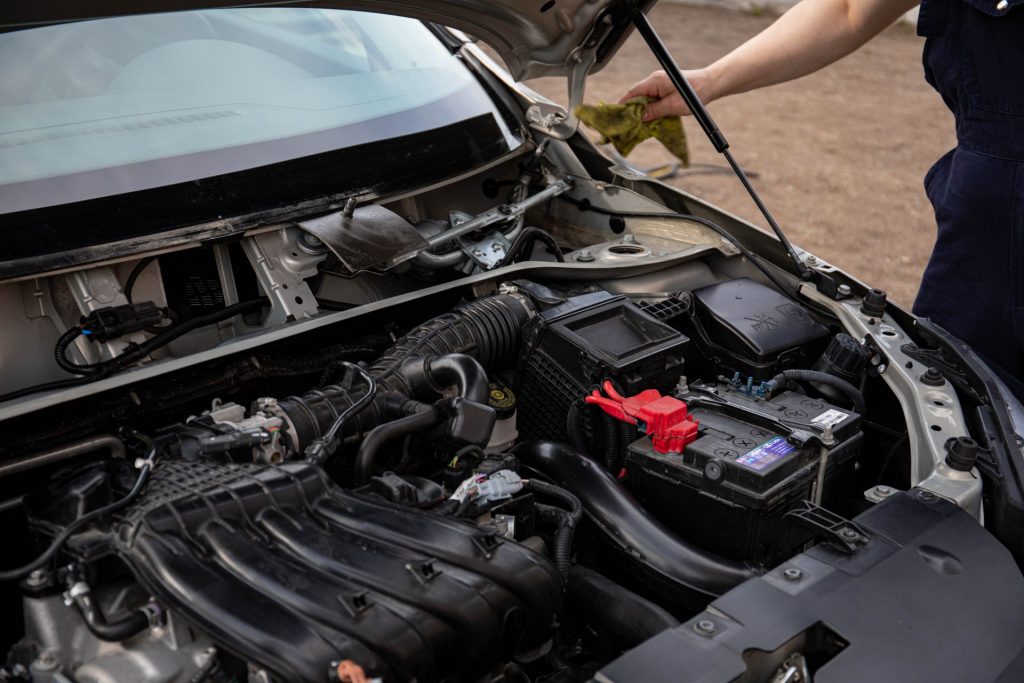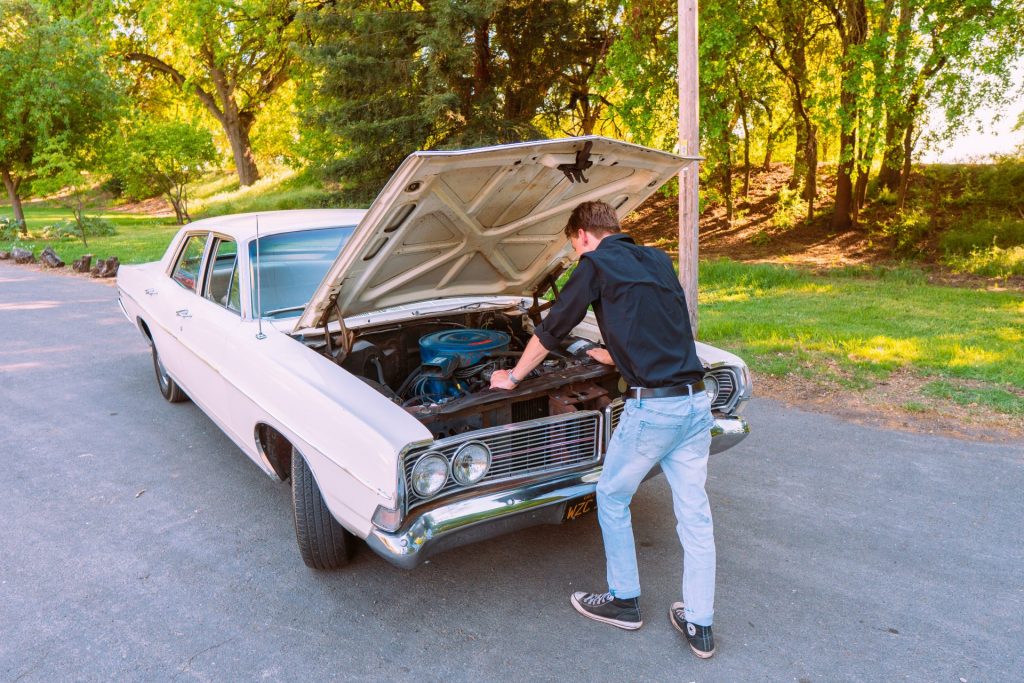Can hot weather drain your car battery? Our resident auto experts has the answers.
Heat warning
Think winter’s chilly temperatures are the only thing to worry about when it comes to your car’s battery health? Think again. The late summer’s sizzling heat can be just as damaging.
That’s because higher temperatures have a greater impact on the power-generating chemistry inside the battery.
Hot weather can drive up the heat under the hood and accelerate battery failure. When temperatures get high, the battery fluid inside can evaporate, and damage can occur to the internal structure.
Here's how it happens

A vehicle battery is much like any other household battery. It contains electrodes, which store the electrical charge, as well as an electrolyte solution—otherwise known as battery acid. Together, they spark the chemical reaction needed to power your ride.
But as the mercury rises, the chemical reaction inside the battery speeds up and can evaporate the battery fluid, causing corrosion. Damaged cells mean a battery produces less and less voltage and can eventually die,.
To avoid being stranded, it’s important to be proactive when it comes to servicing and replacing a car’s battery. Typically, batteries last three to five years.
While your car’s battery can’t last forever, here are three easy tips to prolong its lifespan.
Avoid parking in direct sunlight
Keep the sun’s heat off your car. Try to park in the shade or, better yet, a covered carport or garage.
Keep your battery clean
Dirt acts as a conductor, and corrosion acts as an insulator, which can interfere with terminal connections and the vehicle’s ability to start (and keep running!).
Get regular maintenance
A trained technician can spot issues before they arise. Avoid a battery meltdown with regualr maintenance.
Avoid battery buzzkill with CAA
Don’t be stranded because of a dead battery. Get CAA today, and enjoy Roadside Assitance, insurance savings, mobile battery service and so much more.

